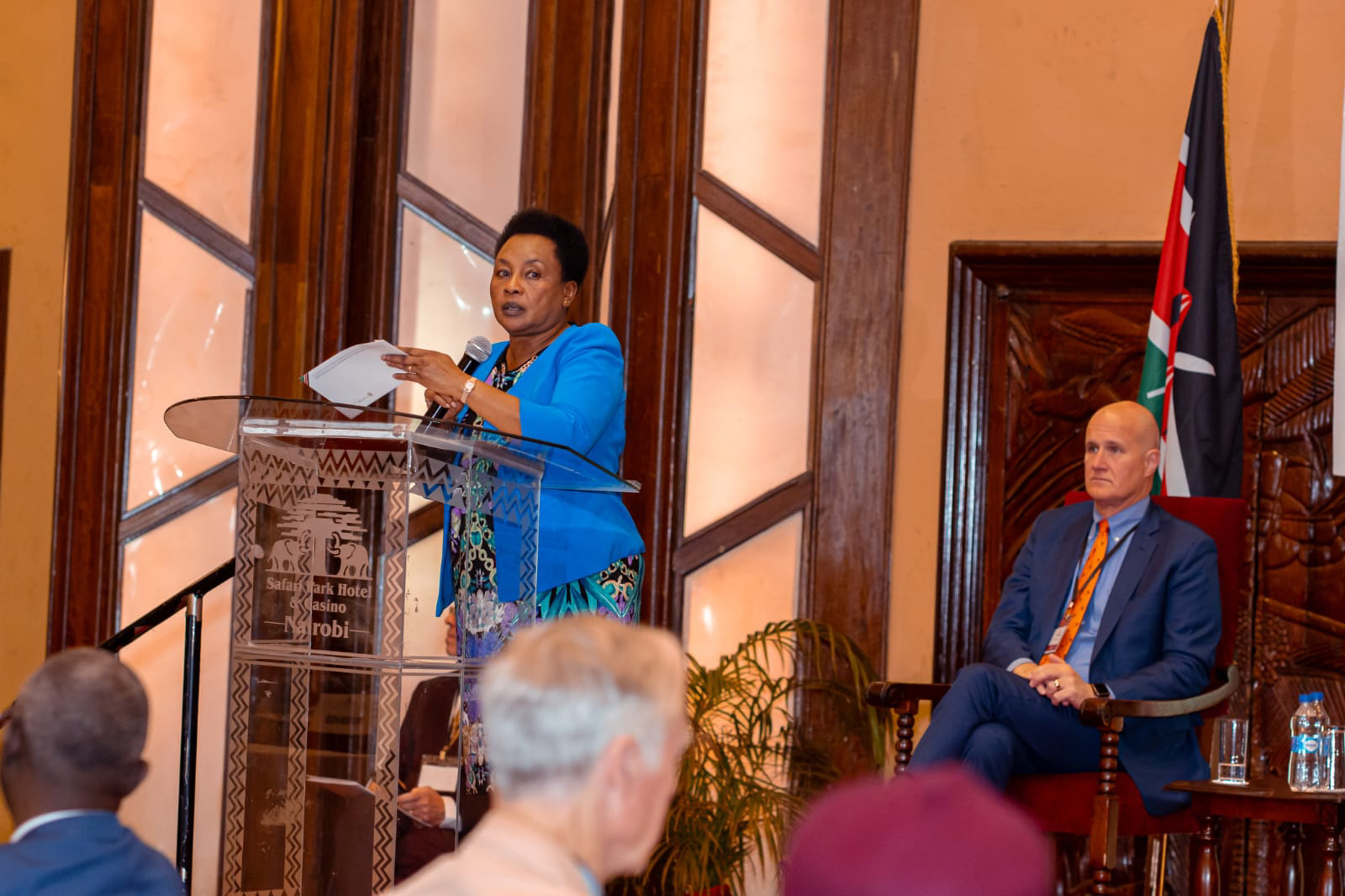WHAT KENYA CAN LEARN FROM ESTONIA'S DIGITAL TRANSFORMATION - JOEL KARUBIU
According to the World Economic Forum, by adopting digital transformation strategies, countries can build more resilient economies and societies, better equipped to face future challenges and opportunities.
Estonia is an European country boasting a population of over 1.3 million and spanning 45,335 square kilometres (17, 504 sq mi). The former Russian colony is the most digitised country in the world with 99% of its services available online.
Speaking during the 2024 Digital Frontiers event in Kenya, Mr. Joel Karubiu, Kenya Enterprise Advisor to Estonia and former Chief Executive Officer Marketing Society of Kenya, asserted that Estonia has offered a blueprint for Kenya, and the rest of the world to learn from.
“The only thing you cannot do online in Estonia, is getting married. This is because you have to appear in person to actually say, Yes,” he noted. The MBA holder also noted that, in their effort to safeguard Estonia's data centre in the instance of a data breach, the country holds a data mirroring center in Luxembourg.
Unlike Kenya, immediately after independence, Estonia began its digital transformation in the 1990s, with a clear vision to leverage technology for public services. This early start allowed them to build a robust digital infrastructure over time, leveraging the innumerable innovations sprouting on a day to day basis.
“Digital minded leadership and appropriate legislation were some of the key attributes in Estonia’s journey of digitisation. We call ourselves a start-up nation," Mr. Karubiu opined.
More contrastingly still, unlike in Kenya where startups are supported for only 3 years, in Estonia, for the first decade of operation, the existing over 1500 startup companies receive government support. In fact, in a mere three hours, an individual can register their company and receive all proper documentation for seamless operation.
Moreover, Mr. Karubiu noted that one of the cornerstones of Estonia’s digital society is the digital ID, which allows citizens to access a wide range of services online securely. This includes everything from voting to banking and healthcare. This not only saves on time and expenditure, but also ensures proper tracking and accountability.
Estonia also developed a secure data exchange layer which enables different information systems to work together and share data securely. This has been crucial for the seamless provision of public services, something that Mr. Karubiu says Kenya needs to benchmark and provide an appropriate strategy for it's implementation.
“Did you know that in Estonia no one can access you data without your consent? You have to accept. A notification is sent on your phone alerting you that someone wishes to view your data. This should be the same case in Kenya and beyond.” he affirmed.
In a rather light moment with the listeners, Mr. Karubiu shared the story of a Kenyan judge who crossed paths with a former convict at the convenience store. “The judge was so shocked to learn that the convict he once sentenced, was able to know his whereabouts, down to the shops he frequents. The clarion call in this case being to bolster the privacy policies in Kenya to avoid hacking and ensure that Kenyans are offered a chance to consent to their data sharing.
For all it's vaunted digitisation, Estonia stands unmatched in its provision of health services. All services from triage, diagnosis and prescription, take place online. Only emergency situations are referred to the hospital. Historically, Estonia’s digital infrastructure proved invaluable during the COVID-19 pandemic. The country was able to maintain continuity in public services despite lockdowns.
To this date, Estonia continues to innovate and improve its digital services. The government regularly updates its digital infrastructure to ensure it remains secure and efficient. Estonia’s experience shows that with a clear vision, strong infrastructure, and continuous innovation, it’s possible to create a highly efficient and user-friendly digital society, even in Kenya.



Comments
Post a Comment